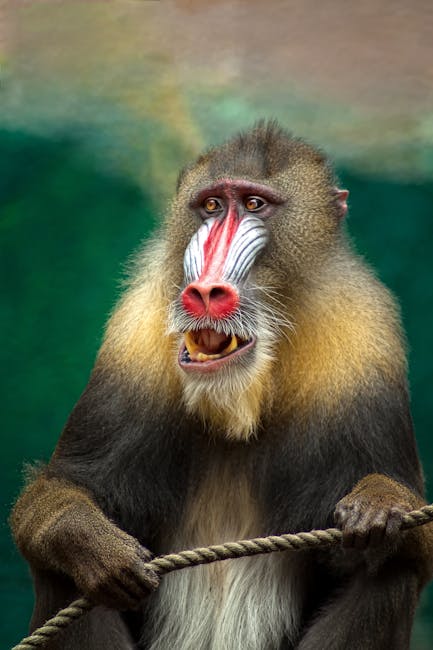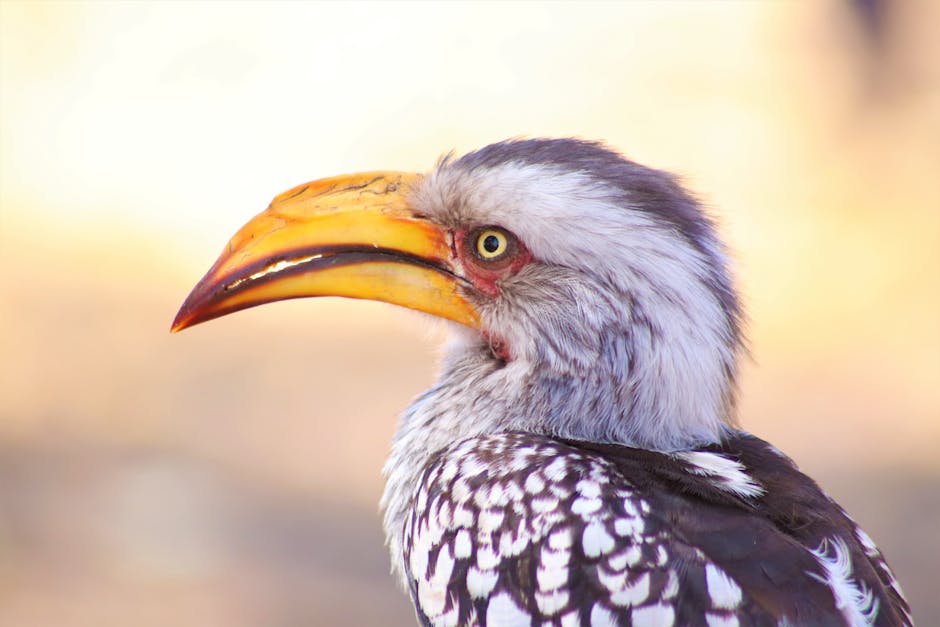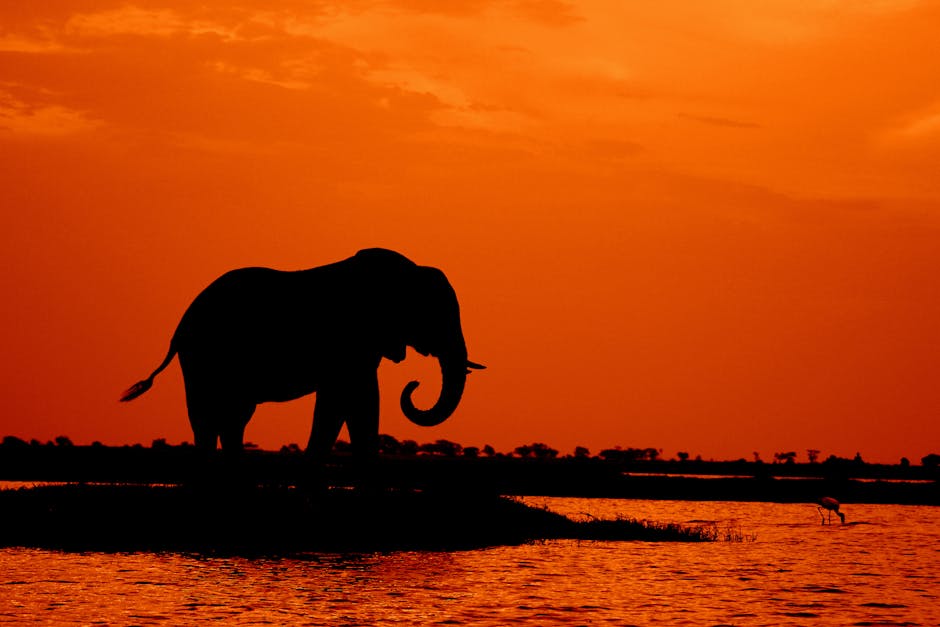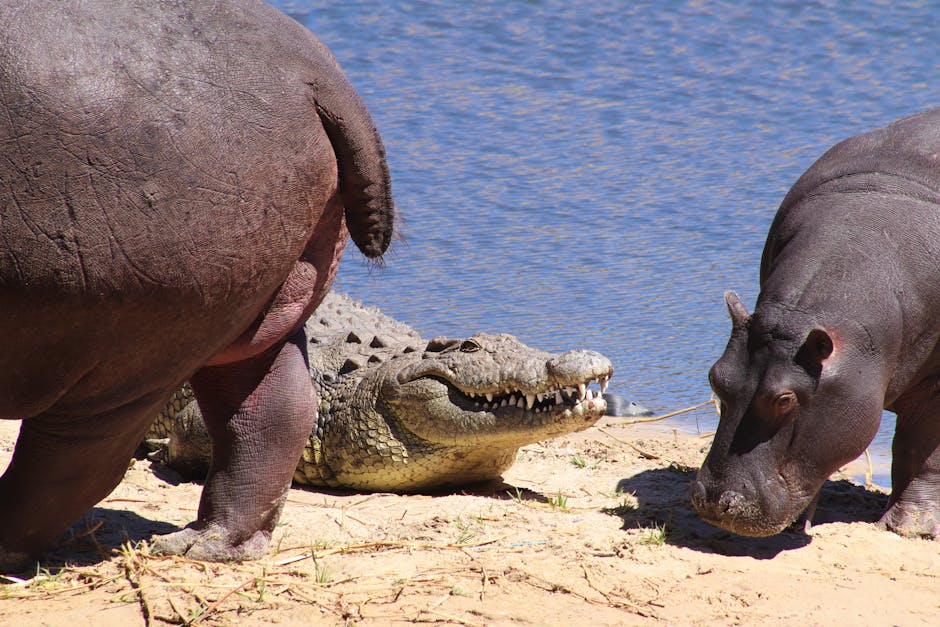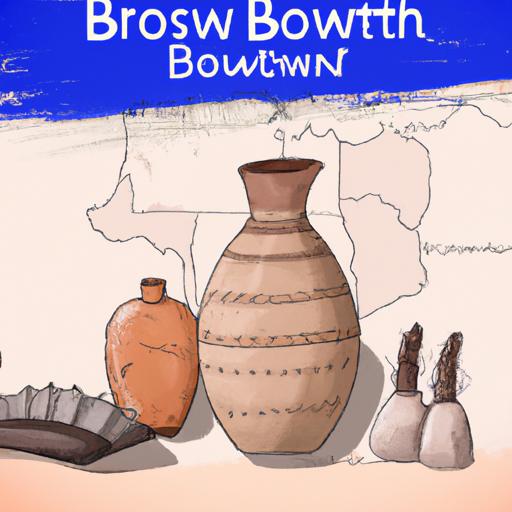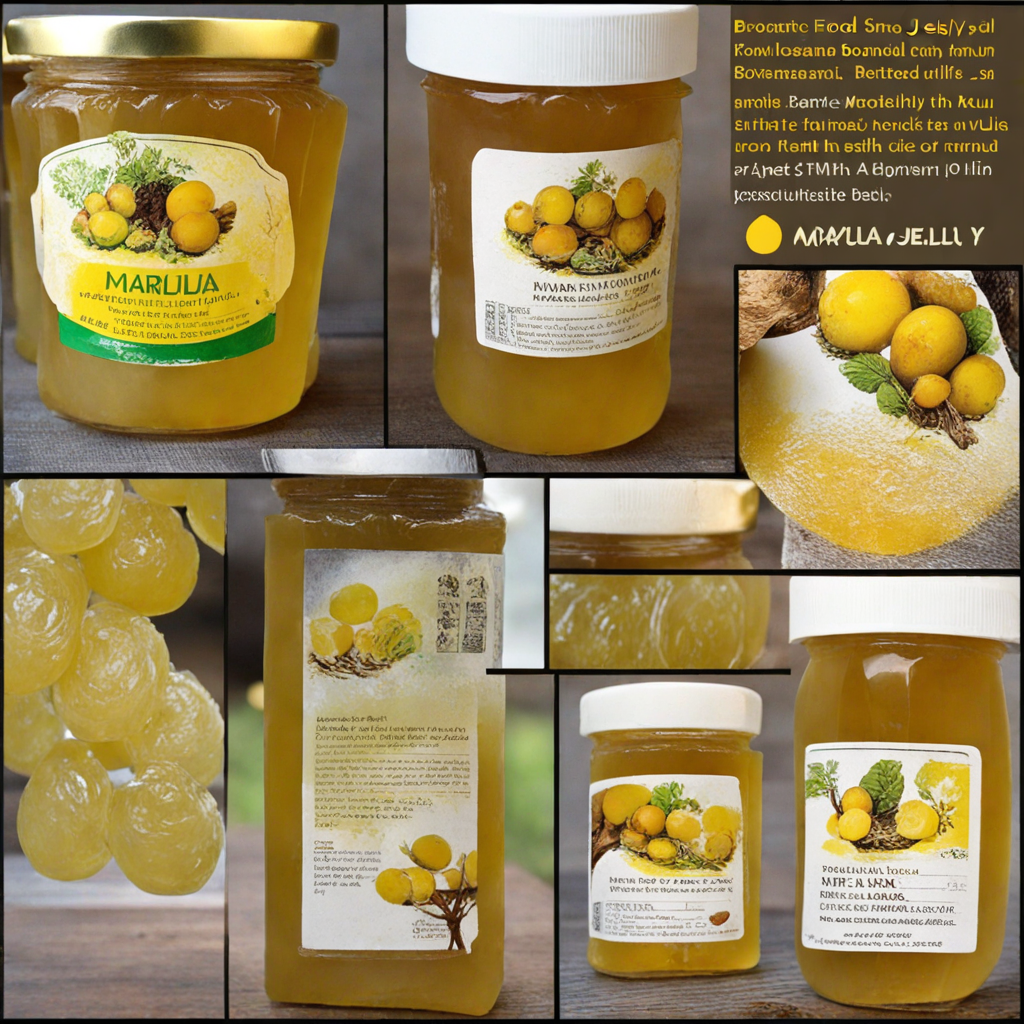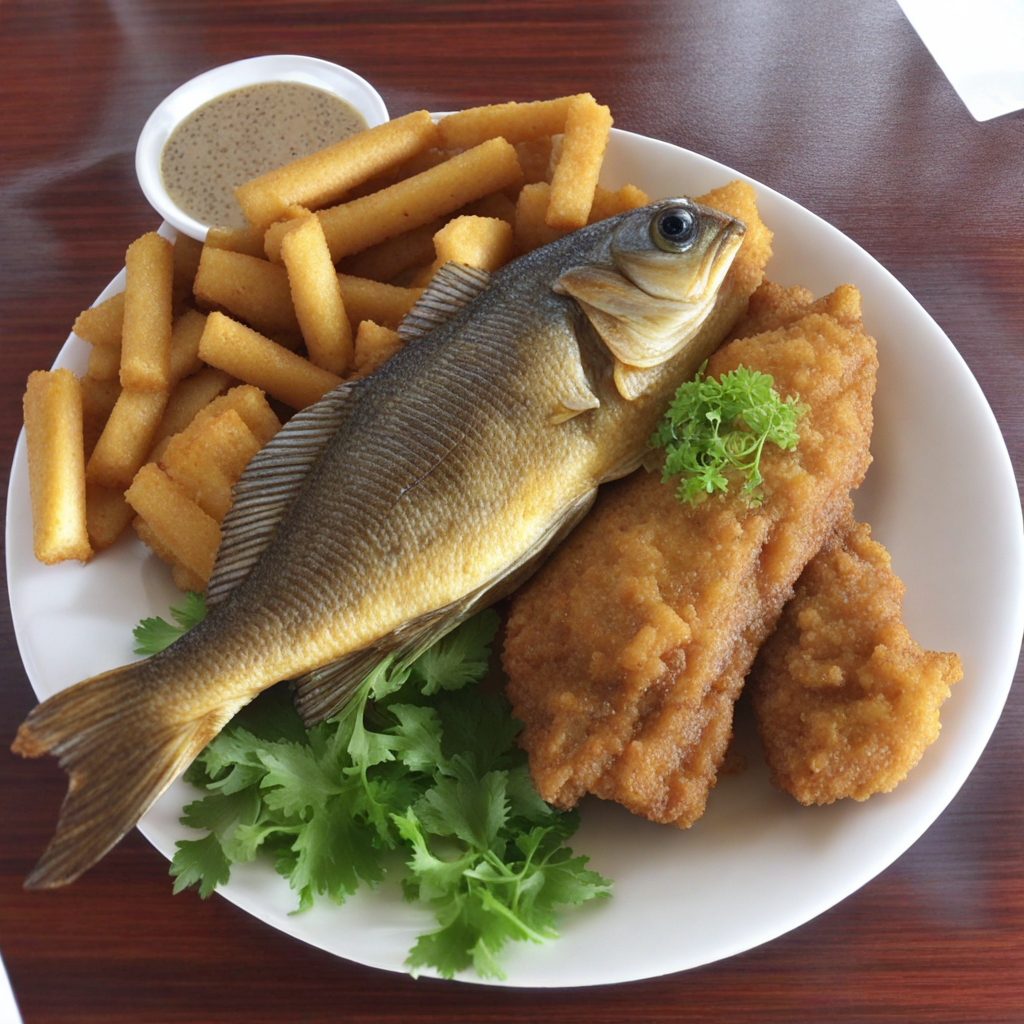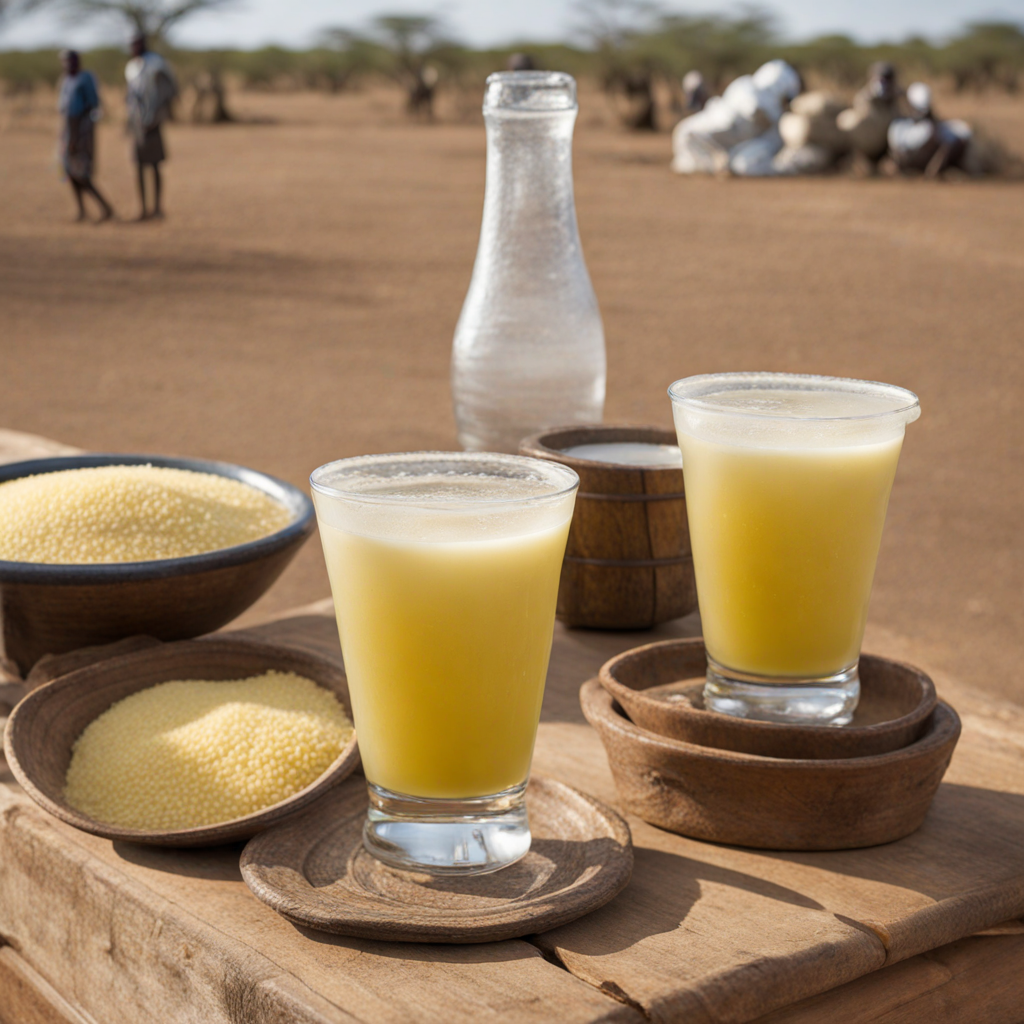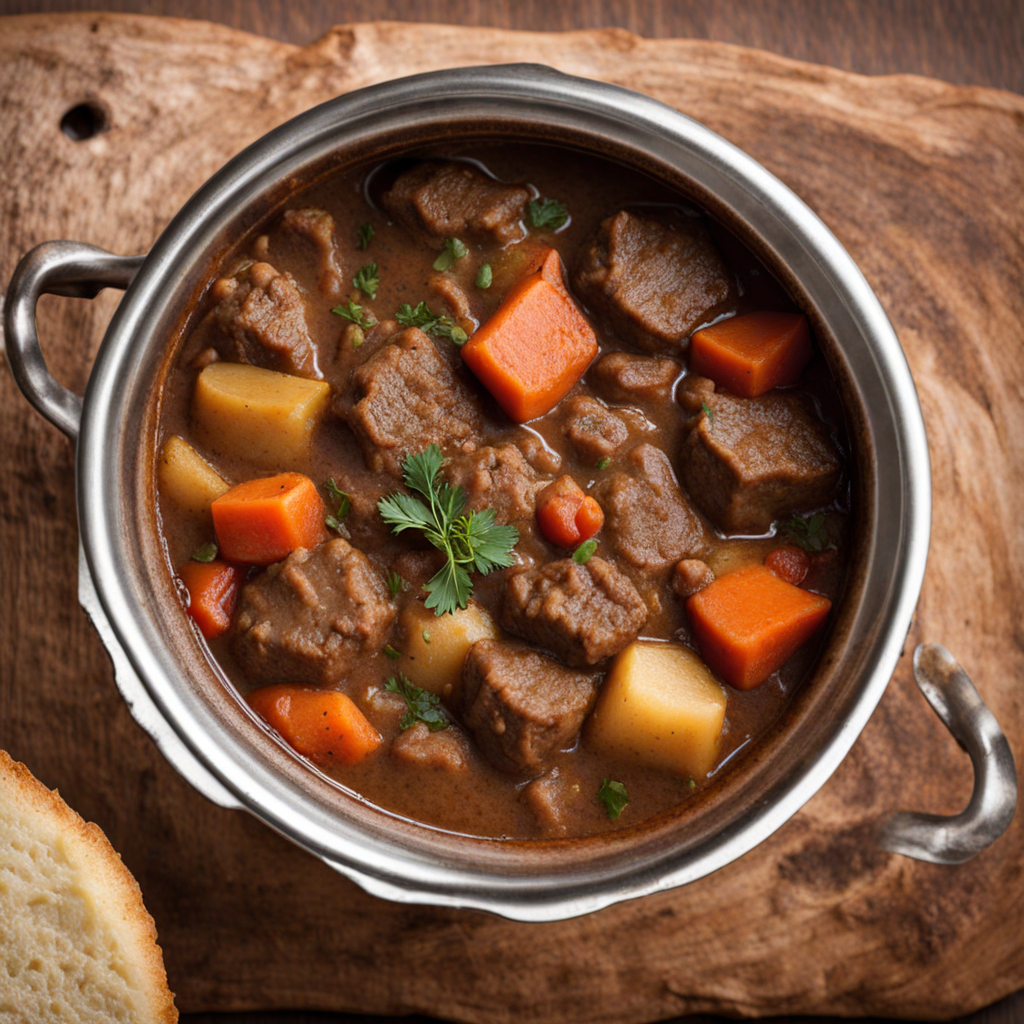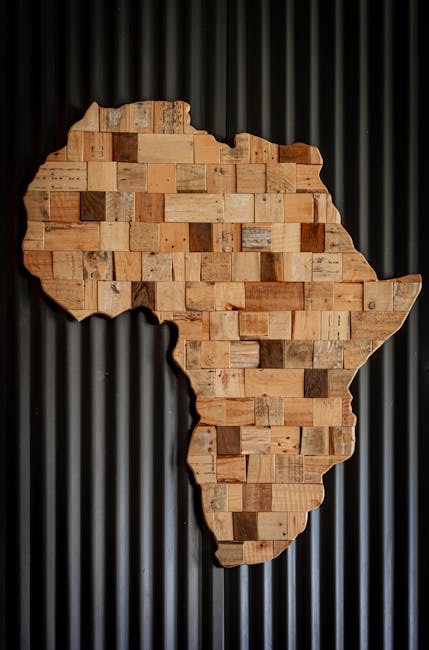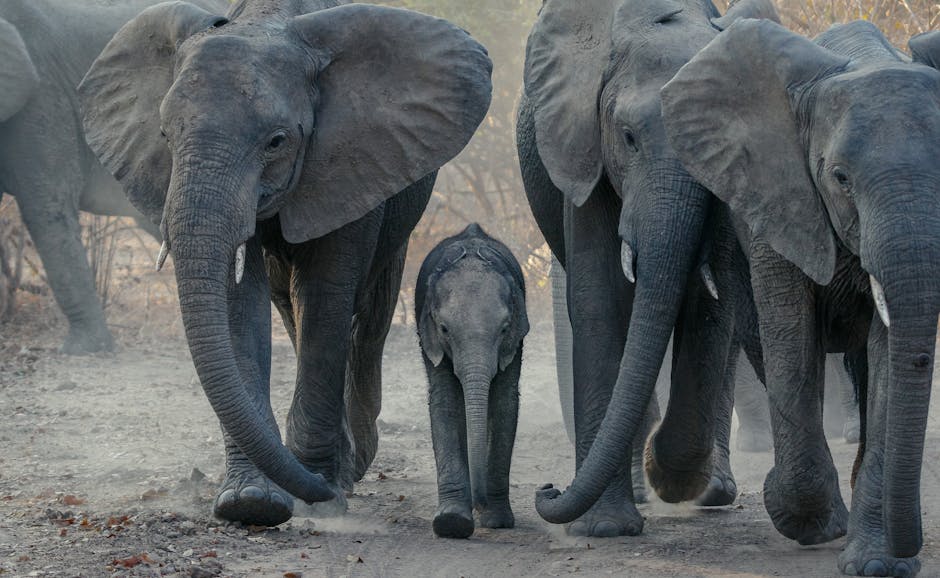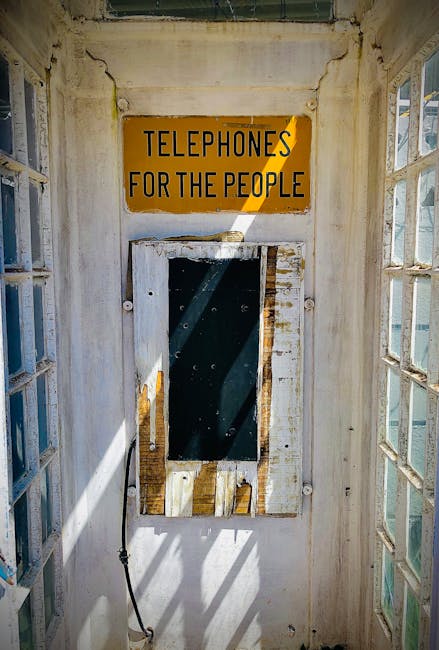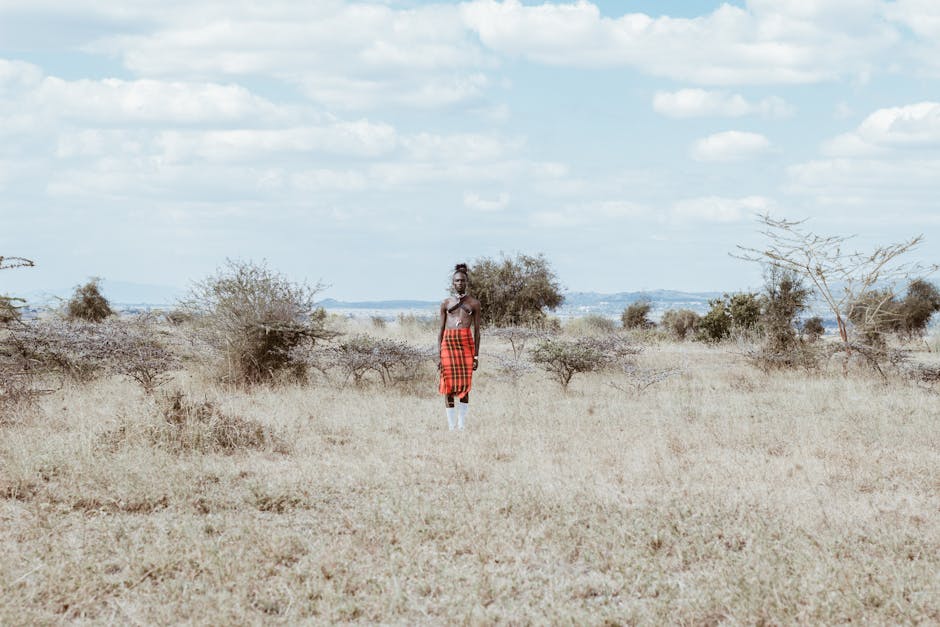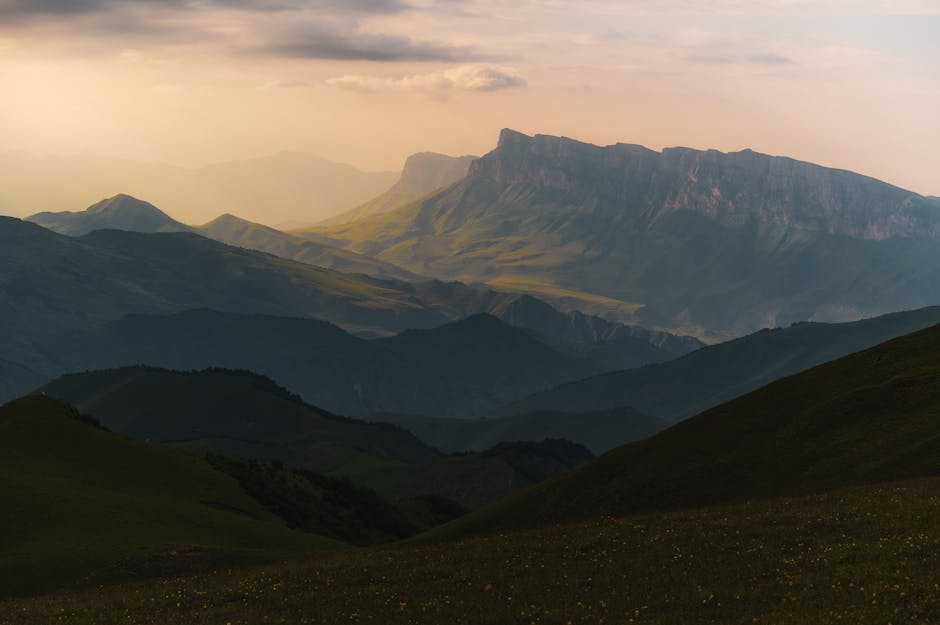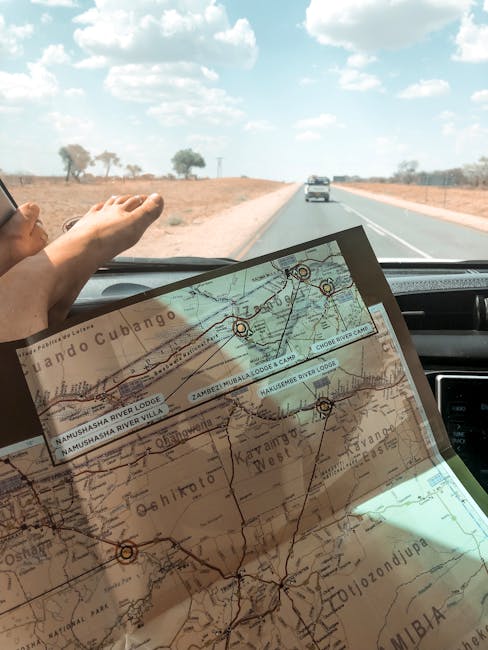Botswana
Overview
Botswana Overview
Firstly, Botswana, located in the heart of Southern Africa, is a landlocked country known for its rich and diverse culture. The nation is unique due to its commitment to wildlife conservation, with almost 40% of the land devoted to national parks, reserves, and wildlife management areas. Botswana's culture is deeply rooted in its indigenous tribes, primarily the Tswana people, who make up about 80% of the population. The country is also famed for its traditional music, dance, and art, and for being one of Africa's most stable and democratic nations.
Tourism in Botswana
Secondly, Botswana’s high season for tourism is during the dry season, from May to October. During this period, the weather is generally sunny and warm, making it the best time to go on a safari as the animals gather around waterholes and rivers, making them easier to spot. The Okavango Delta, Moremi Game Reserve, and Chobe National Park are must-visit destinations during this time, offering opportunities to view a diverse array of wildlife, including lions, elephants, and hundreds of bird species. In addition to safaris, visitors can engage in other thrilling activities such as mokoro (dugout canoe) trips, cultural tours, and scenic flights over the delta.
Travel Preparation
Lastly, travelers planning to visit Botswana should prepare adequately. Ensure that your passport is valid for at least six months beyond your planned departure date. Botswana requires an entry visa for some countries, so it's advisable to check visa requirements based on your home country. Health-wise, Botswana is a malaria-prone country, especially during the rainy season, so anti-malaria medication is recommended. Also, pack light clothing for the hot daytime temperatures and some warm clothing for the cooler evenings. Lastly, always carry a reusable water bottle to stay hydrated, sunscreen for protection against the sun, and a good pair of binoculars for game viewing.
A Glimpse into the Past
Botswana, a landlocked country in Southern Africa, boasts a rich tapestry of history and culture that attracts travelers from around the world. Its journey from a British protectorate to a thriving democracy is marked by resilience and a deep connection to its natural environment.
Pre-Colonial Era
The history of Botswana dates back thousands of years, with evidence of human habitation stretching as far back as 200,000 years. The indigenous San people, known for their hunter-gatherer lifestyle, are some of the earliest inhabitants. They left behind rock art that can still be seen today in places like the Tsodilo Hills, a UNESCO World Heritage site, which is often referred to as the "Louvre of the Desert" due to its extensive collection of ancient paintings.
As time progressed, various groups migrated into the region, including the Tswana people, who established powerful chiefdoms and communities. By the late 19th century, the Tswana kingdoms, such as Ngwato and Kwena, were well-established, each with distinct cultures and languages. These kingdoms engaged in trade with neighboring regions, cementing Botswana's role as a significant player in the regional economy.
Colonial Era
The colonial period began in earnest in the late 19th century when European powers scrambled for control over Africa. In 1885, the British declared Botswana a protectorate, naming it the Bechuanaland Protectorate. This decision was partly motivated by the desire to prevent the expansion of German and Boer interests in the area. The British administration was relatively indirect, allowing local chiefs to retain some authority, which helped maintain social structures and cultural practices.
However, colonial rule brought challenges, including land dispossession and the imposition of taxes. The discovery of diamonds in the 1960s transformed the economy, with the Kimberley Mine becoming a focal point of economic activity. The wealth generated from diamonds eventually played a crucial role in shaping Botswana's post-independence trajectory.
Independence
On September 30, 1966, Botswana gained independence from British rule, becoming a republic. The first President, Seretse Khama, was instrumental in laying the groundwork for a stable and democratic nation. His leadership focused on unifying the diverse groups within the country, implementing sound economic policies, and promoting education and healthcare. Under his guidance, Botswana became one of Africa's success stories.
The capital city, Gaborone, emerged as a bustling center for commerce and governance, featuring modern infrastructure alongside traditional markets. The government invested heavily in education, resulting in a literate population that contributed to the country's development.
Modern Era and Economic Growth
Since independence, Botswana has experienced significant economic growth, driven primarily by diamond mining, tourism, and agriculture. The Debswana partnership, a collaboration between the Botswana government and the De Beers Group, has made Botswana one of the world's largest diamond producers. The revenues from diamond mining have been channeled into development projects, healthcare, and education, helping to elevate the standard of living for many citizens.
Tourism has also become a vital industry, with visitors flocking to Botswana to experience its stunning landscapes and rich wildlife. The Okavango Delta, a UNESCO World Heritage site, is one of the world's largest inland deltas and offers a unique ecosystem that supports diverse flora and fauna. Travelers can explore this natural wonder through guided safaris, mokoro (dugout canoe) rides, and walking tours, immersing themselves in the breathtaking beauty of the region.
Wildlife and Conservation
Botswana is home to some of Africa's most iconic wildlife, including elephants, lions, and rhinos. The country has made significant strides in wildlife conservation, establishing several national parks and reserves, such as the Chobe National Park and Moremi Game Reserve. Chobe is renowned for its large elephant population, while Moremi offers a diverse range of habitats and is a prime location for birdwatching.
The government’s commitment to conservation and sustainable tourism has garnered international praise. Initiatives like the Community-Based Natural Resource Management program empower local communities to manage wildlife resources, ensuring that the benefits of tourism are shared equitably.
Cultural Heritage
Botswana's cultural heritage is as rich as its natural landscapes. The country is home to a mosaic of ethnic groups, with the Tswana people forming the majority. Travelers can experience traditional ceremonies, music, and dance in various communities. The Botswana Craft center in Gaborone showcases local artisans and their crafts, providing visitors with an opportunity to purchase authentic handmade goods while supporting local economies.
Another significant cultural site is the Botswana National Museum, which presents the history, art, and culture of the nation. The museum features exhibitions on traditional Tswana culture, the history of the San people, and contemporary art, offering a comprehensive understanding of Botswana's identity.
Challenges and Future Prospects
Despite its successes, Botswana faces challenges, including income inequality, unemployment, and the impacts of climate change. The government continues to work towards addressing these issues through various development programs and policies aimed at economic diversification beyond diamonds.
Additionally, Botswana's reputation as a stable democracy in a region often marked by political unrest is a point of pride. Regular elections and a commitment to human rights have positioned the country as a model for governance in Africa.
Botswana's journey from a protectorate to a prosperous nation reflects the resilience of its people and their connection to both their cultural heritage and natural surroundings. For travelers, exploring Botswana means engaging with a vibrant history, witnessing breathtaking landscapes, and experiencing the warmth of its people. Whether it’s a safari in the Okavango Delta or a visit to the bustling markets of Gaborone, every corner of Botswana tells a story waiting to be discovered.
Top cities for tourists in Botswana
Discover the Famous Cities That Might Captivate Your Interests
Must-Try Foods You Can't Afford to Miss
Indulge in a Variety of Fantastic Foods During Your Stay in Botswana
May Be Your Next Destinations
People often choose these countries as their next destination


